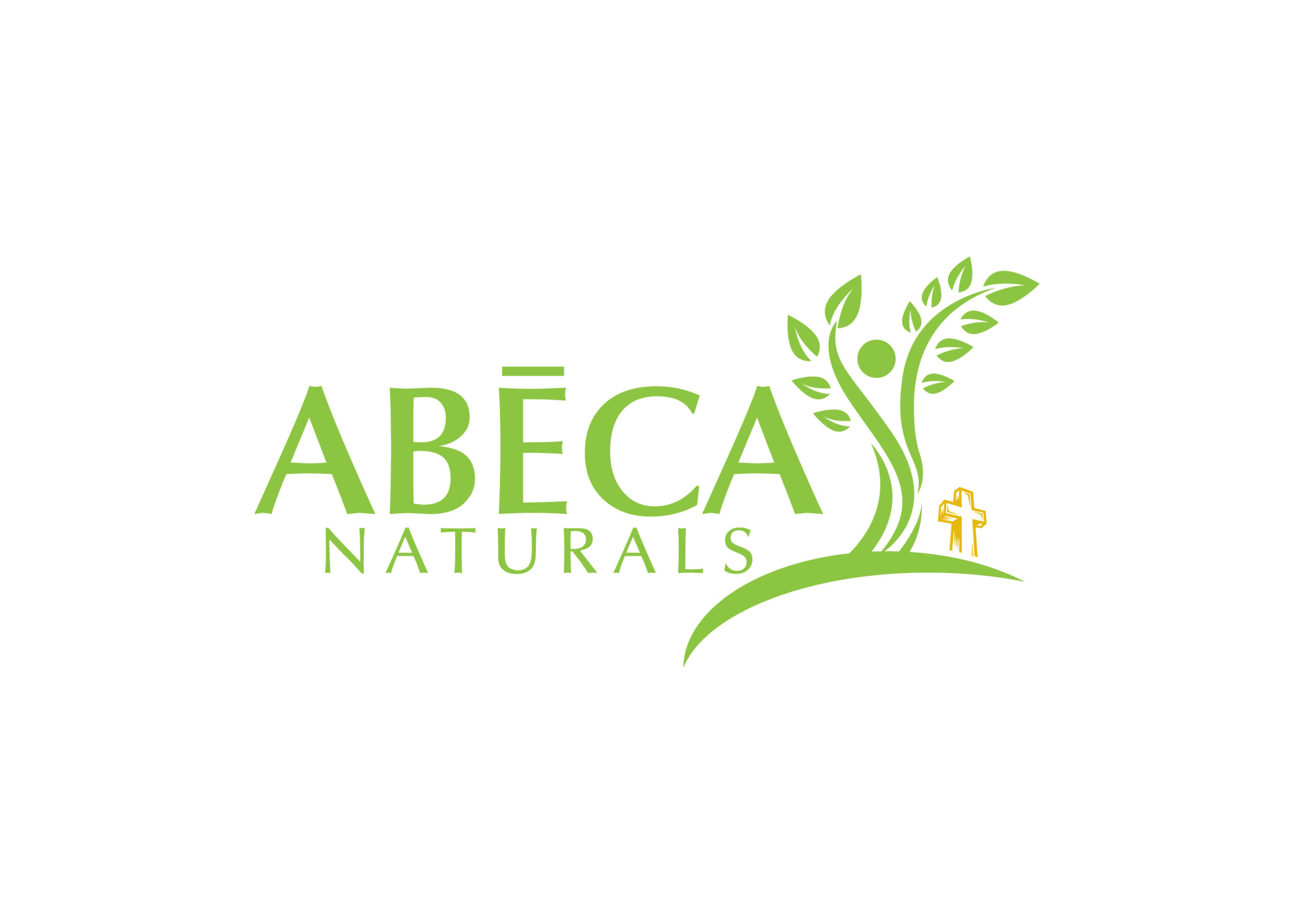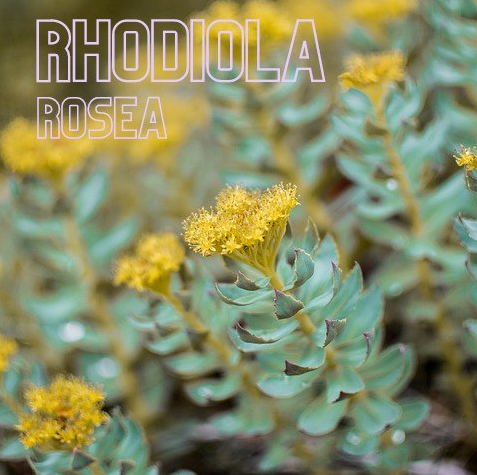Let’s talk about Rhodiola! Rhodiola rosea. An adaptogen and my favorite herb! (Do I say that about all of them?)
The first documented use of Rhodiola comes from the Greek physician Dioscorides in 77 BC, and traditional uses of it included treating tuberculosis, preventing simple illnesses, and even increasing fertility.
Rhodiola is a relatively “new” herb in Western practices because 1) it is not native to us and 2) all of the studies written in other languages were not translated to English until the 1980s!
It is highly regarded as an adaptogen, nervous system tonic, and antidepressant in the Russian pharmacopeia, and it is used regularly to help with alertness and memory, as well as fighting fatigue and depression. I work with it often in young women overwhelmed with the chaos of young children, and in older men who are fighting fatigue from working hard to provide for their families. As always, herbs do not discriminate! Rhodiola is a wonderful herbal ally for all types of people.
Studies show Rhodiola is able to prevent stress-induced heart damage, so it’s good to work with in folks whose family sees history of heart disease. For fatigue, it’s one of the best adaptogens you can depend on. One study showed that fatigue symptoms decreased significantly in those who took 400mg a day for eight weeks.
Rhodiola pairs well nootropics like Gingko, Gotu Kola and Rosemary for added cognitive support.
Other well-researched adaptogens include Ashwagandha, the Ginsengs, and Schisandra berries. For a general overview on adaptogens, visit this blog page from Ashley’s Corner: Why Adaptogens?




